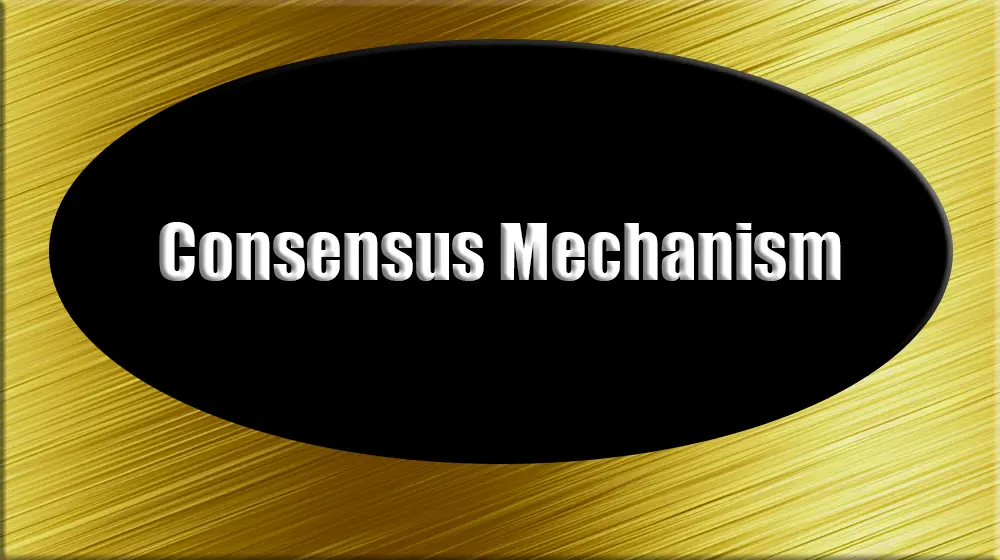Nick Szabo\’s \”The God Protocol\” is a thought-provoking essay that explores the concept of a hypothetical decentralized trust protocol that could serve as the foundation for a wide range of social and economic interactions. In this essay, Szabo presents the idea of a \”God-like\” protocol that would enable individuals to engage in trustless transactions and agreements without the need for traditional intermediaries or centralized authorities.
At the heart of the God Protocol is the use of cryptographic algorithms and distributed consensus mechanisms to establish and maintain trust in digital interactions. Szabo envisions a decentralized network where participants can interact directly with each other, secure in the knowledge that the integrity and validity of transactions are guaranteed by the protocol itself.
One of the key features of the God Protocol is its ability to enable smart contracts, self-executing agreements that automatically enforce the terms and conditions of a transaction based on predefined rules. These smart contracts would enable a wide range of applications, from financial transactions and asset transfers to voting systems and governance mechanisms, all without the need for intermediaries.
Szabo also discusses the potential implications of the God Protocol for society, including its ability to democratize access to financial services, reduce transaction costs, and foster greater transparency and accountability in governance. However, he also acknowledges the challenges and risks associated with decentralized systems, including scalability issues, regulatory concerns, and the potential for abuse by malicious actors.
Overall, \”The God Protocol\” serves as a thought experiment that challenges conventional notions of trust and authority in the digital age. While the concept of a decentralized trust protocol remains theoretical, Szabo\’s essay offers valuable insights into the potential of blockchain technology to reshape the way we interact and transact in the future.




